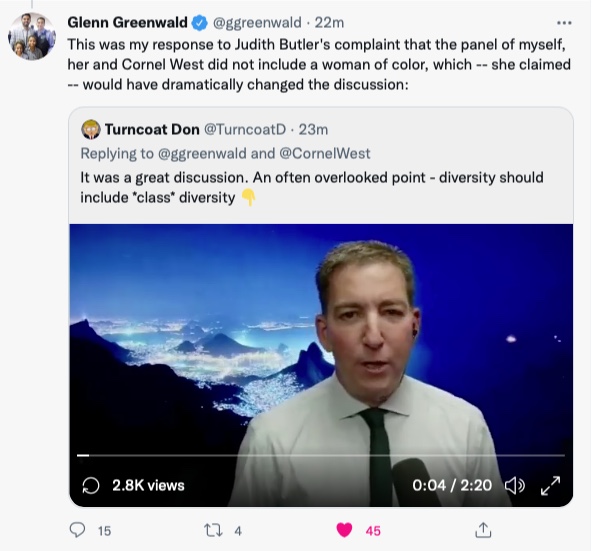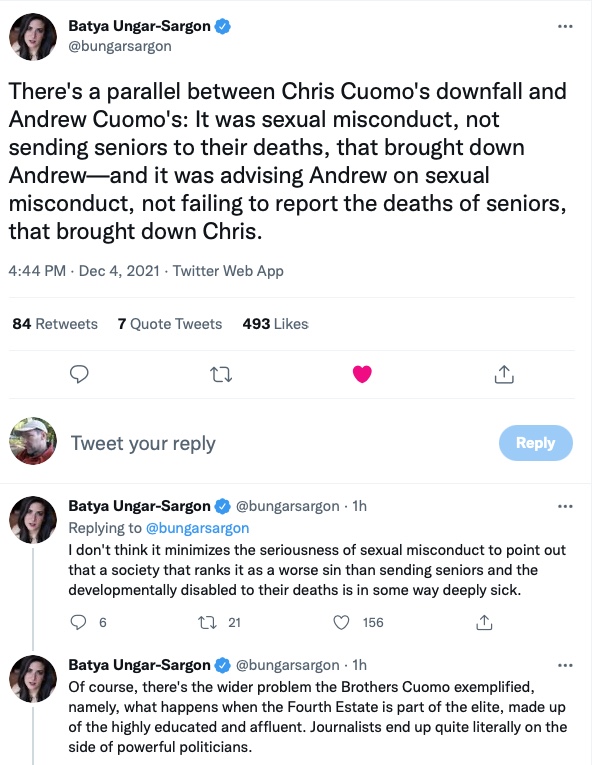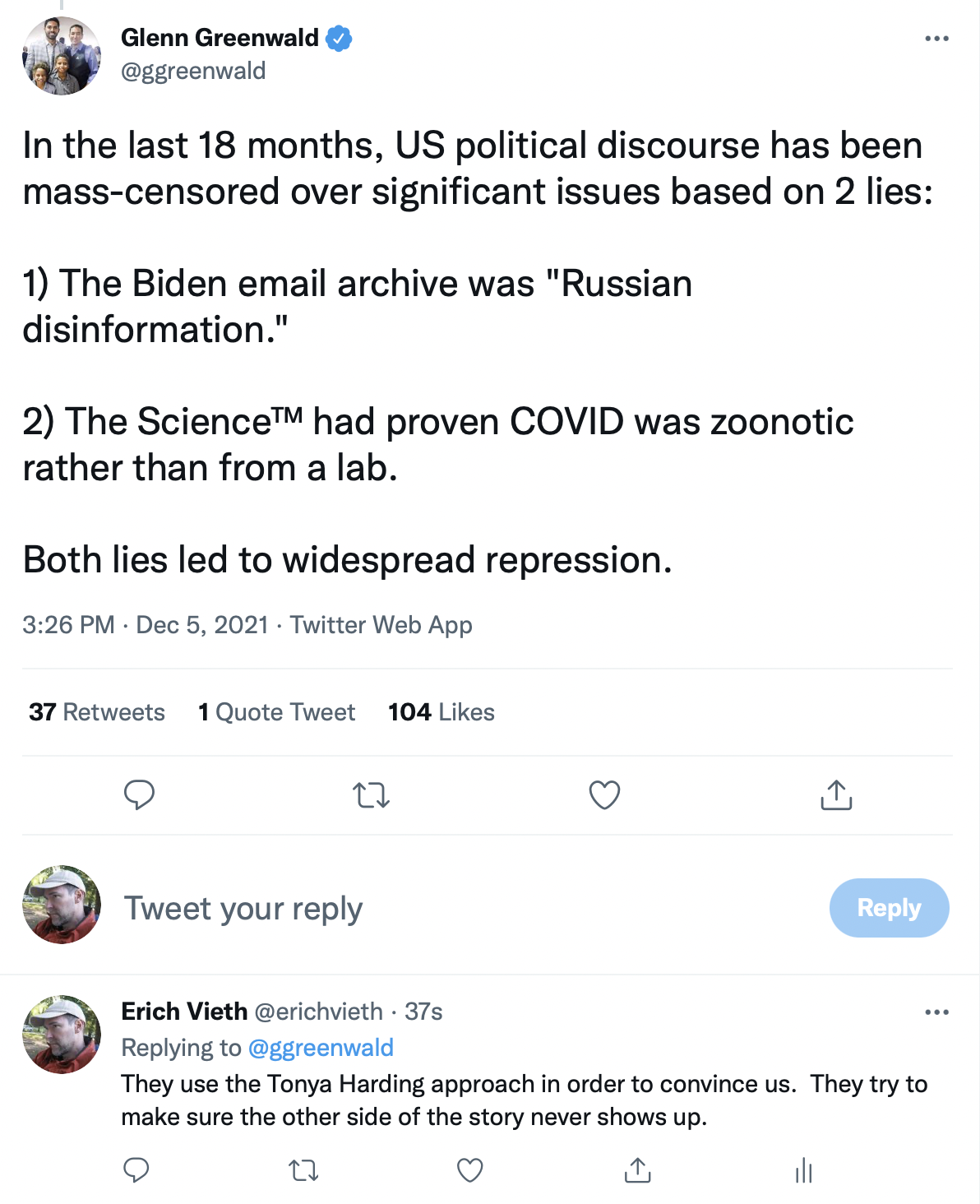The Death of Romance?
What's going on with romance?
Earlier this year (2021), the Pew Research Center asked a representative sample of adults “What about your life do you currently find meaningful, fulfilling or satisfying? What keeps you going and why?”
Psychology Today summarizes the responses related to romance:
In 2017, 20 percent of adults in the U.S. mentioned a spouse, romantic partner, marriage, dating, or romantic love as a source of meaning, fulfillment, or satisfaction. By 2021, only 9 percent did so. Of the 16 sources of meaning and fulfillment that participants mentioned, none showed a sharper drop over time. (The decrease was the same for the category of material well-being.) . . .
The 9 percent who found fulfillment in romantic partners in the U.S., though, was the highest percentage of all the places studied, . . . In France, Greece, and Spain, only 3 percent mentioned a spouse, romantic partner, marriage, dating, or romantic love as a source of meaning, fulfillment, or satisfaction. In Japan and Singapore, only 2 percent did. And in South Korea and Taiwan, a mere 1 percent mentioned any sort of romantic theme.



